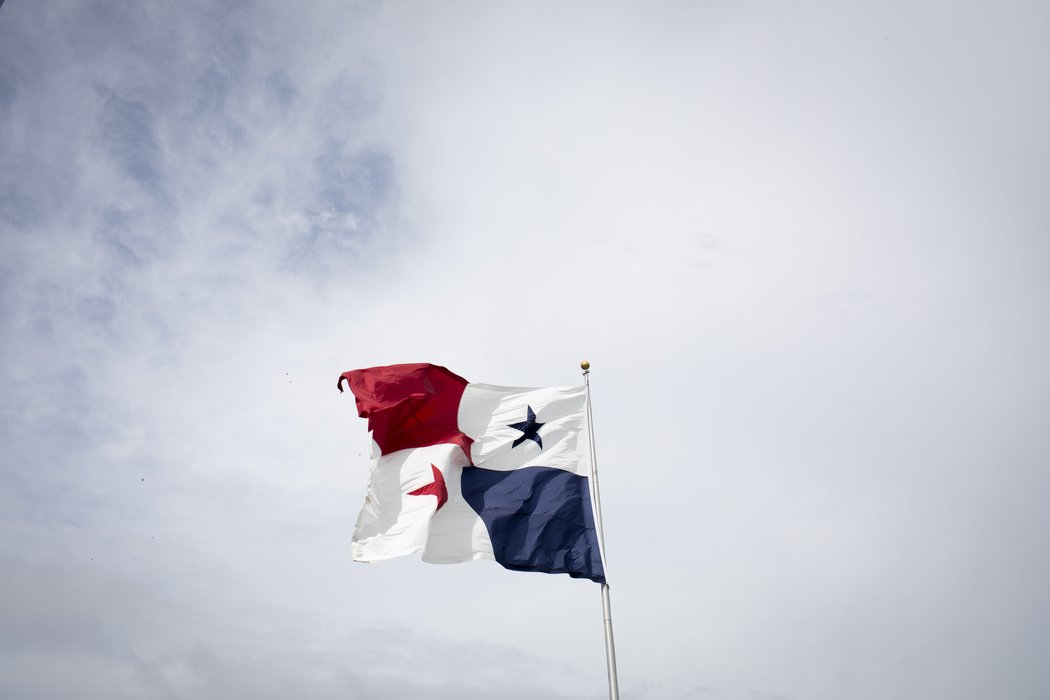
Peaceful Assembly
Panamá protesta por los abusos a menores en albergues estatales 👇 pic.twitter.com/UnxyR9sTKO
— Público (@publico_es) February 19, 2021
Accusations of abuse in children’s shelters sparked indignation and led people to the streets in Panama in February 2021. According to news outlets, on 12th February 2021 a 10-year-old girl living in one such shelter in Tocumen was rescued from the roof of a school, after running away to escape alleged mistreatment. Earlier in the month, a parliamentary commission published a report addressing cases of physical, psychological and sexual abuse of minors in at least 14 state-funded protection centres in the country.
Civil society groups protested near the headquarters of the National Secretariat for Children, Adolescents and the Family (Senniaf) to demand justice for the minors and policy changes. On 17th February 2021, the third day of consecutive protests, news outlets reported clashes between protesters and the police, who used pepper gas to disperse the demonstration. Three young protesters were detained and received police citations for their actions during protests on 19th February 2021. Amid the crisis unleashed by these cases, the country’s Attorney General and Senniaf’s director announced their resignation. Protests continued over several weeks and by 12th March 2021 at least six people had been detained in demonstrations.
In a related development, on 17th February 2021 the Ombudsperson’s Office, by resolution Nº DDP-AJ-01-2021 of 25th January 2021, created a “Plan de Acompañamiento Ciudadano” (“Citizen Accompaniment Plan”)with the objective of observing protests and serving as a channel of communication between protesters and authorities. The plan also seeks to promote alternative ways of resolving conflicts during demonstrations. On 20th February 2021, the Ombudsperson’s Office released a statement saying they were closely monitoring the protests around child abuse and would provide support to the people whose rights were allegedly violated in this context.
@migracionpanama el derecho a la protesta es un derecho humano, y garantizado por el art. 38 de nuestra Constitución. Los DDHH son universales e indivisibles, así protestar pacíficamente no puede limitarse por la condición migratoria. Rechazamos este comunicado y pedimos corregir pic.twitter.com/cyxgDkosT2
— Iván Chanis Barahona 🏳️🌈 (@ivan_chanis) March 12, 2021
Separately, civil society organisation Asociación de Residentes y Naturalizados de Panamá (Association of Residents and Naturalised Citizens of Panama - Arena) convened a march to demand the withdrawal of a bill which would restrict the granting of permanent residency for some immigrants. Hours before the event on 10th March 2021, Panama’s National Migration Service (SNM) issued a statement warning foreign residents to “refrain from participating” in demonstrations disrupting public order and security, implying that their participation in such events could make them susceptible to deportation. Despite government’s intimidation attempt, a march took place in Panama City.
Association
Un documento levantado por @HT_Panama recoge 40+ casos en los que a hombres y mujeres trans se les impidió obtener alimentos, medicinas e incluso hasta tratamientos médicos. Es una lectura pesada, pero necesaria. https://t.co/OaK4AWvAPe pic.twitter.com/qQceHyRHTv
— Indomables Podcast (@IndomablesP) February 4, 2021
Trans rights association Hombres Trans Panamá published a report on the effect of pandemic-related measures on trans persons. As previously reported on the CIVICUS Monitor, the country adopted gender-based movement restrictions, establishing different days of the week for men and women to leave their houses during mandatory quarantine. Between 1st April 2020 and 15th January 2021, the civil society group recorded 45 cases of discrimination against trans persons in the implementation of these emergency measures. Most cases involved verbal attacks and obstruction of access to places such as grocery stores and pharmacies. A trans woman denounced being threatened by police officers and another reported being physically attacked and detained. The report calls on Panama’s government to revoke these gender-based measures, which have continued to be adopted in periods when the country tightened restrictions to tackle COVID-19.